Back to Courses
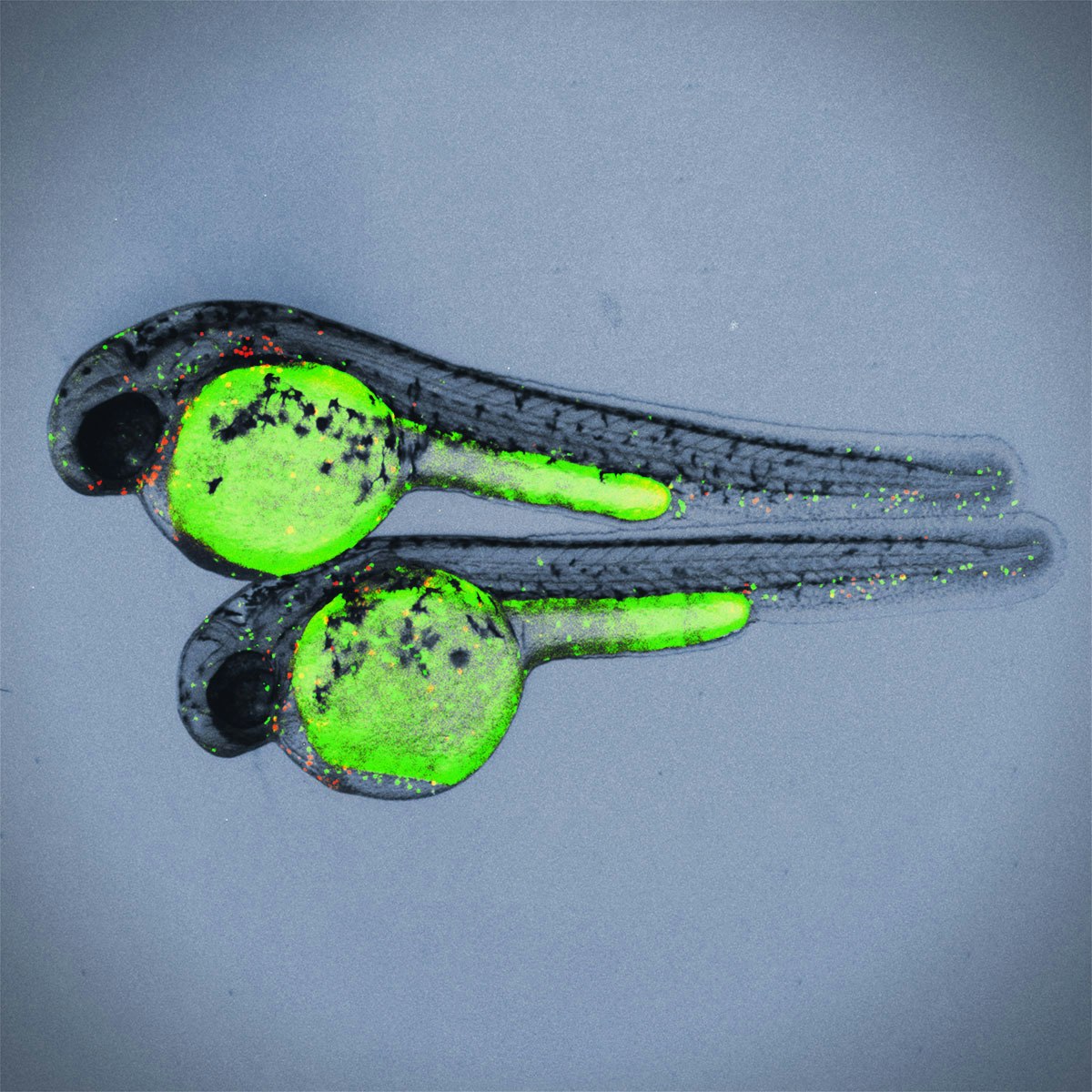
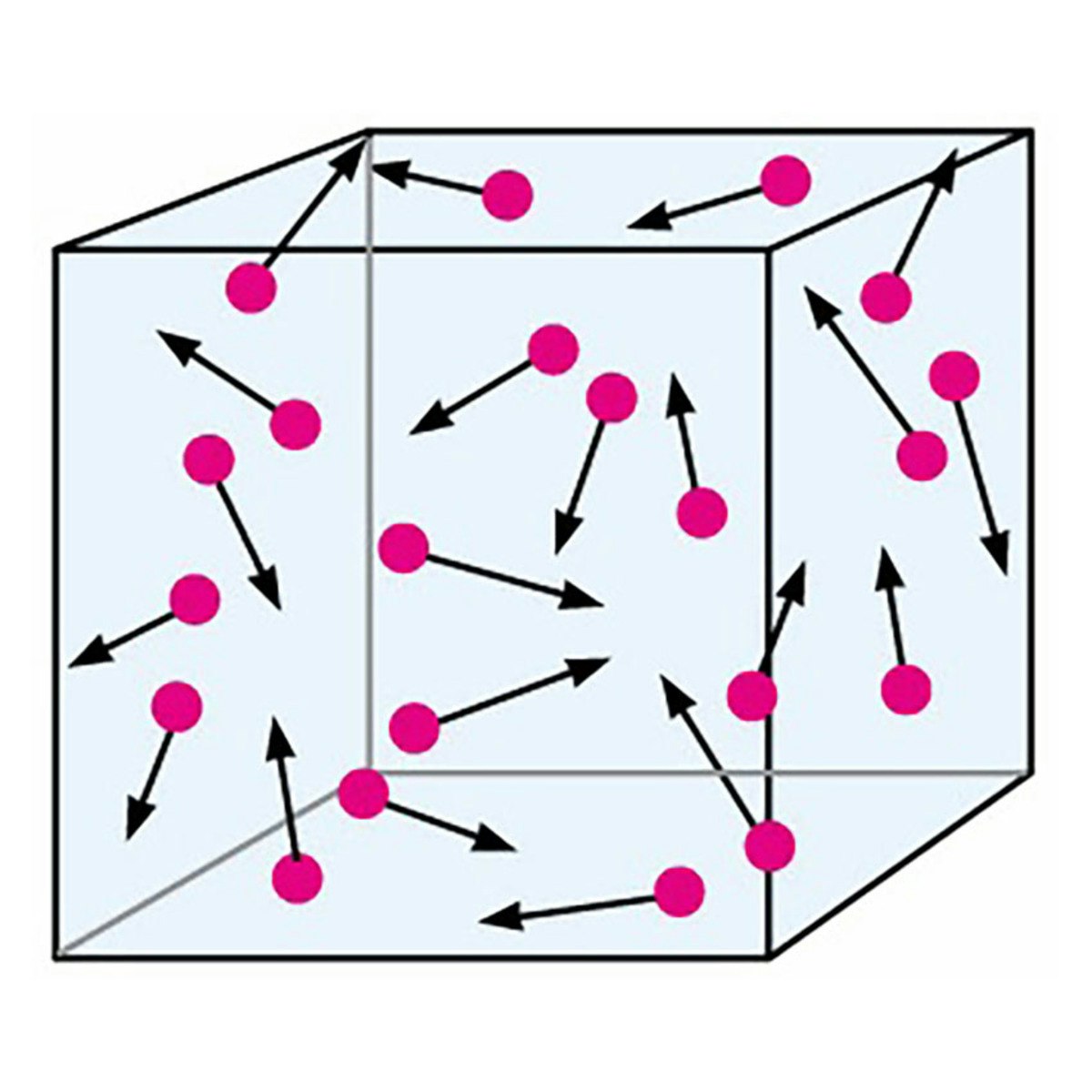
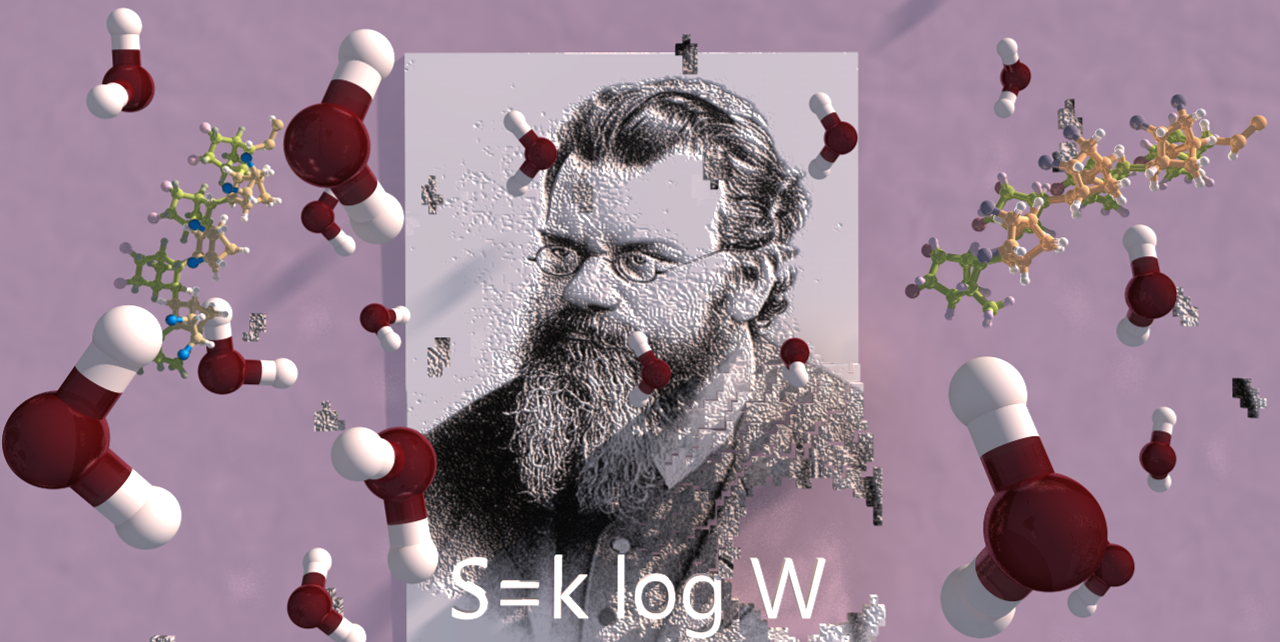


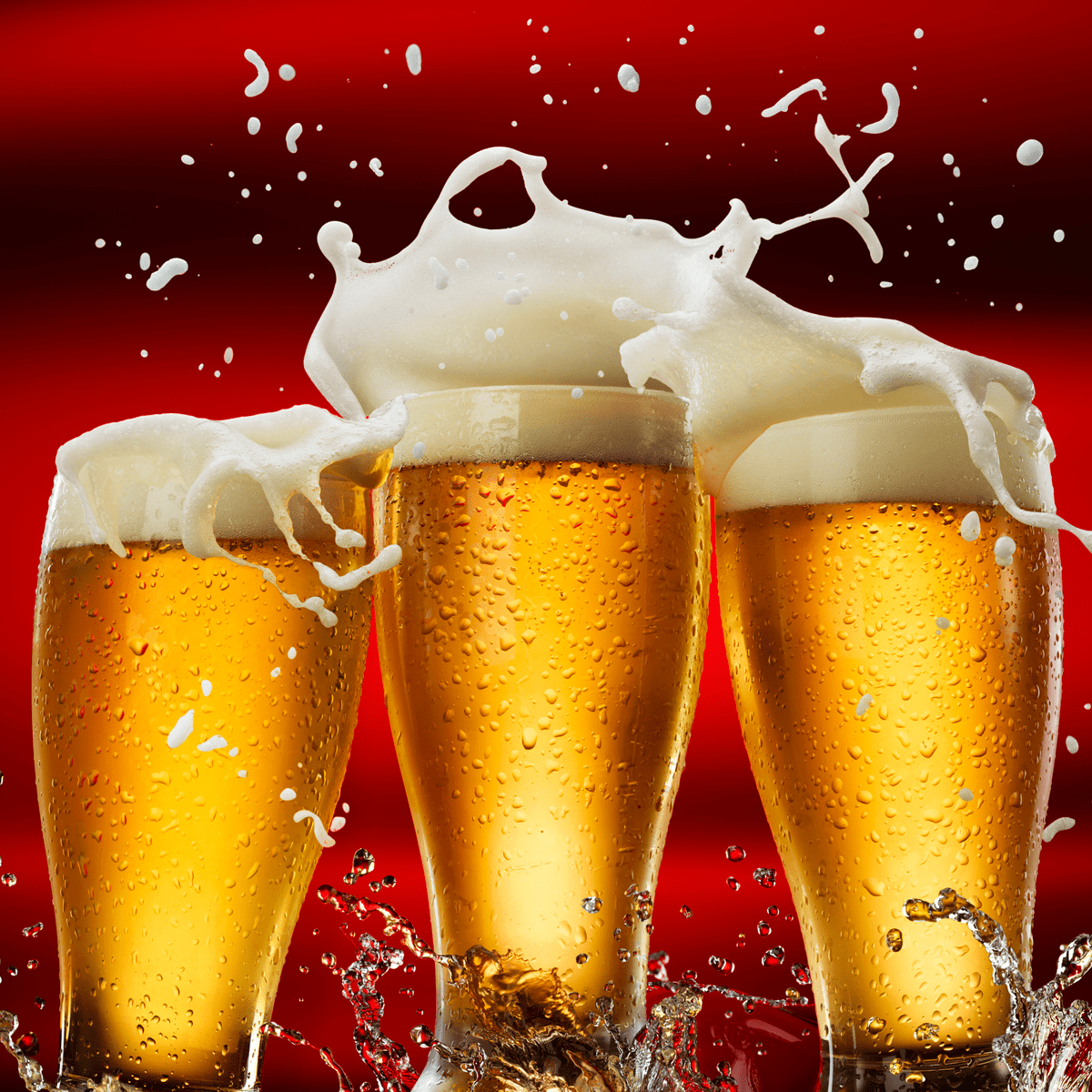
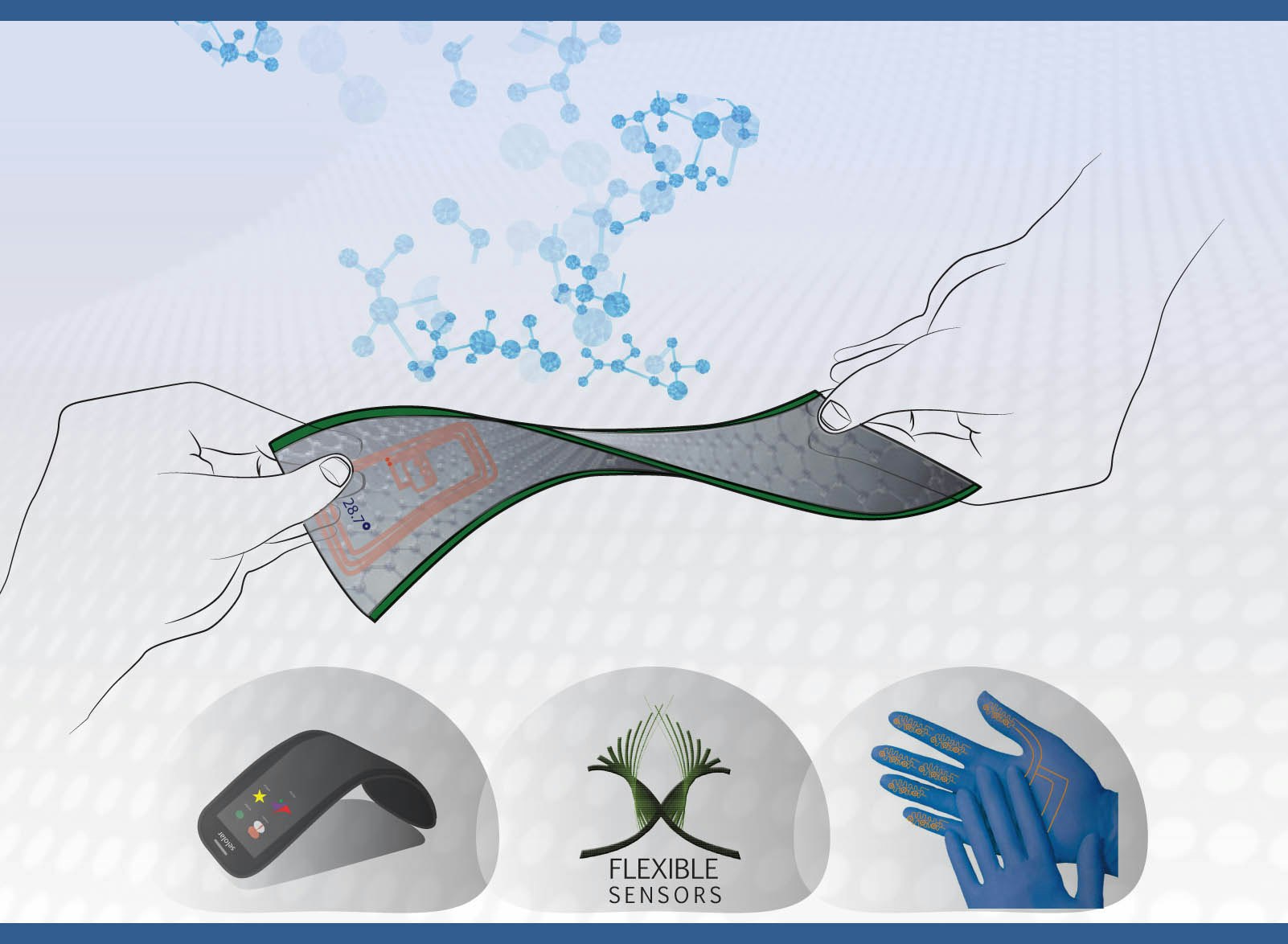
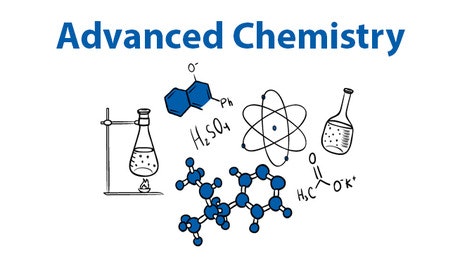
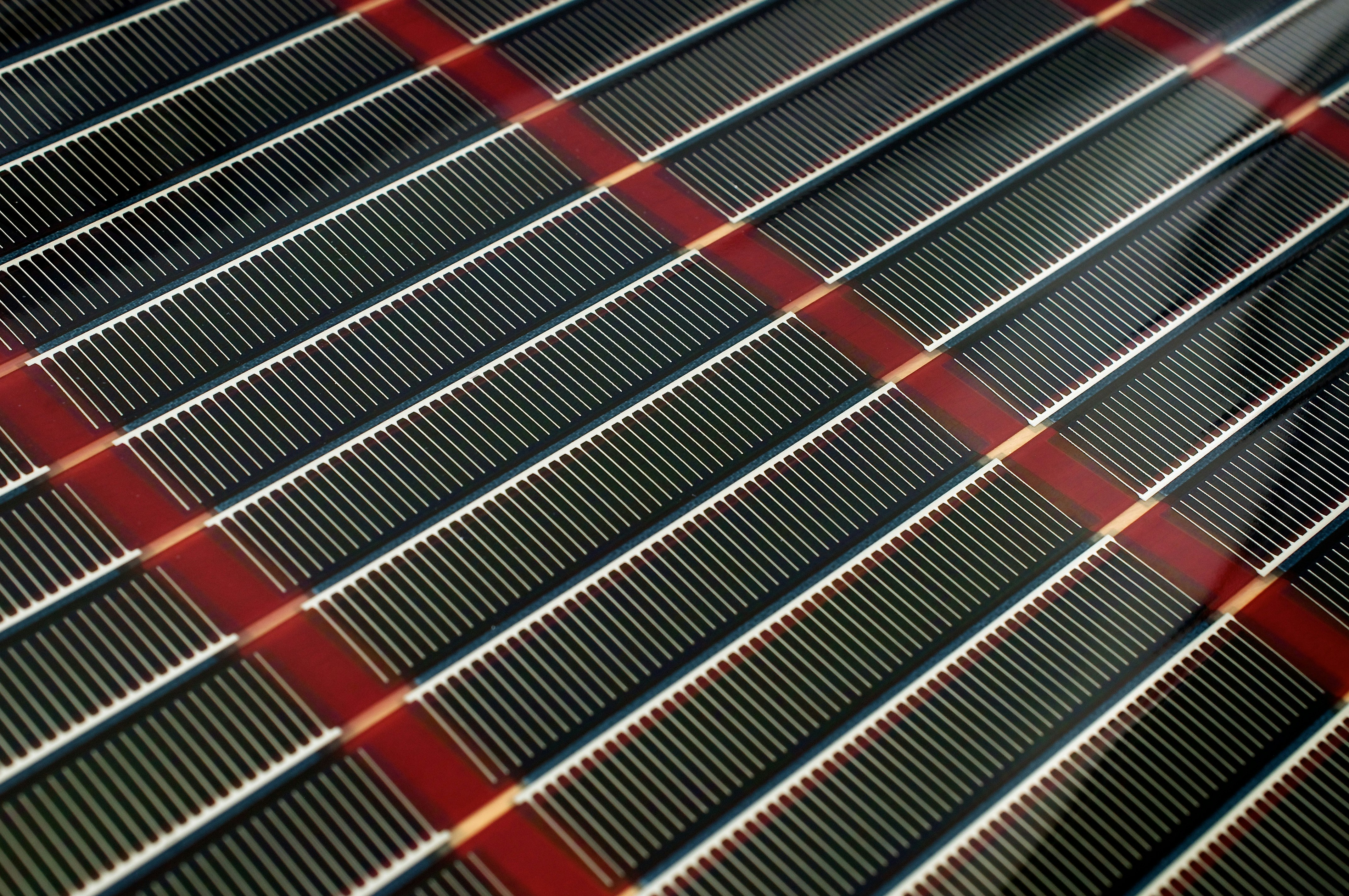
Chemistry Courses - Page 2
Showing results 11-20 of 31

Introduction to Chemistry: Structures and Solutions
This is an introductory course for students with limited background in chemistry; basic concepts such as atomic and molecular structure, solutions, phases of matter, and quantitative problem solving will be emphasized with the goal of preparing students for further study in chemistry.

Chemical Biology
Chemical biology is a burgeoning field that has rapidly risen to prominence. This surge of interest has been fuelled by chemical biology’s applicability to understanding critical processes in live cells or model organisms in real time. This success has arisen because chemical biology straddles a nexus between chemistry, biology, and physics. Thus, chemical biology can harness rapid chemistry to observe or perturb biological processes, that are in turn reported using physical assays, all in an otherwise unperturbed living entity.
Although its boundaries are endless, the multidisciplinary nature of chemical biology can make the field seem daunting; we beg to differ! Here, we deconstruct chemical biology into its core components, and repackage the material. In the process we build up for each student a practical and theoretical knowledge bank that will set these students on their way to understanding and designing their own chemical biology experiments.
We will discuss fluorescence as a general language used to read out biological phenomena as diverse as protein localization, membrane tension, surface phenomena, and enzyme activity. We will proceed to discuss protein labeling strategies and fusion protein design. Then we will discuss larger and larger scale chemical biology mechanism and screening efforts. Highlights include a large amount of new data, tailored in the lab videos, and a large number of skilled presenters.

Ideal Gases
Course 3 of Statistical Thermodynamics, Ideal Gases, explores the behavior of systems when intermolecular forces are not important. This done by evaluating the appropriate partition functions for translational, rotational, vibrational and/or electronic motion. We start with pure ideal gases including monatomic, diatomic and polyatomic species. We then discuss both non-reacting and reacting ideal gas mixtures as both have many industrial applications. Computational methods for calculating equilibrium properties are introduced. We also discuss practical sources of ideal gas properties. Interestingly, in addition to normal low density gases, photons and electrons in metals can be described as though they are ideal gases and so we discuss them.

Statistical Thermodynamics: Molecules to Machines
Modern engineering research focuses on designing new materials and processes at the molecular level. Statistical thermodynamics provides the formalism for understanding how molecular interactions lead to the observed collective behavior at the macroscale.
This course will develop a molecular-level understanding of key thermodynamic quantities like heat, work, free energy and entropy. These concepts will be applied in understanding several important engineering and biological applications.

Density Functional Theory
The aim of this course is to give a thorough introduction to Density Functional Theory (DFT). DFT is today the most widely used method to study interacting electrons, and its applicability ranges from atoms to solid systems, from nuclei to quantum fluids.
In this course, we introduce the most important concepts underlying DFT, its foundation, and basic ideas. We will in particular stress the features and reasons that lead DFT to become the dominant method for simulating quantum mechanical systems.
The course is intended for students and researchers with knowledge of basic quantum mechanics. No experience in simulation or solid-state physics is required. We try to give a concise mathematical background when particular concepts are needed.

Mastering bitumen for better roads and innovative applications
During the four coming weeks, best experts in bitumen will bring you their knowledge and experience to build a strong understanding of today’s realities and new perspectives on the future of bitumen.
Total is the European leader on bitumen markets. Innovation has always been the key to sustainability and durability in the products they develop. Their main objective here is to share technical knowledge and experience to insure bitumen are being used in the most effective and efficient ways for their different applications in road works.
Ecole des Ponts, France oldest engineering school, remains very much in the present, as it has always been, in training engineers in order to meet the needs of our society and citizens in key areas such as transport housing and urban services, but also in fields like energy, environment, climate sciences, land-use planning and sustainable development.
Nineteen world recognized experts on bitumen are contributing to this MOOC.
The idea is to provide the broadest prism on this topic area with speakers coming from research, industry and end users.

Beer Quality: Foam
As it is one of the most distinctive qualities of beer, achieving the perfect foam is a precise art. In this course, you’ll learn how foam affects the quality of beer. Designed for brewers of all skill levels, this online course is part of a comprehensive series where "The Pope of Foam”, Charlie Bamforth, guides you through the key markers of beer quality: flavor, foam, color/clarity, freshness and quality systems.
Through a series of riveting lectures, you will discover the science behind foam, how to measure and assess foam and how to achieve the ideal foam. By the end of this course, you will be able to apply your new knowledge to ensure excellent foam performance on your beers.

Nanotechnology and Nanosensors, Part1
Nanotechnology and nanosensors are broad, interdisciplinary areas that encompass (bio)chemistry, physics, biology, materials science, electrical engineering and more. The present course will provide a survey on some of the fundamental principles behind nanotechnology and nanomaterials and their vital role in novel sensing properties and applications. The course will discuss interesting interdisciplinary scientific and engineering knowledge at the nanoscale to understand fundamental physical differences at the nanosensors. By the end of the course, students will understand the fabrication, characterization, and manipulation of nanomaterials, nanosensors, and how they can be exploited for new applications. Also, students will apply their knowledge of nanotechnology and nanosensors to a topic of personal interest in this course.
----------------
COURSE OBJECTIVES
The course main objective is to enhance critical, creative, and innovative thinking. The course encourages multicultural group work, constructing international 'thinking tanks' for the creation of new ideas. Throughout the course, you will be asked to reflect upon your learning, think "out of the box", and suggest creative ideas.
The course is set to encourage the understanding of:
1. The importance of nanoscale materials for sensing applications.
2. Approaches used for characterizing sensors based nanomaterials.
3. Approaches used for tailoring nanomaterials for a specific sensing application.
4. Metallic and semiconductor nanoparticles.
5. Organic and inorganic nanotubes and nanowires.
6. Optical, mechanical and chemical sensors based on nanomaterials.
7. Hybrid nanomaterial-based sensors.
----------------
We recommend that you read the following supplementary reading materials:
-Jiří Janata, Principles of Chemical Sensors, Springer, 2d Edition (1989).
-Roger George Jackson, Novel Sensors and Sensing, CRC Press (2004).
_ _ _ _ _ _ _ _ _ _ _ _ _ _ _ _ _ _
Teaching Team
About Professor Haick Hossam
Professor Hossam Haick is an expert in the field of nanotechnology, nanosensors, and non-invasive disease diagnosis. Prof. Haick is the recipient of the prestigious Marie Curie Excellence Award, ERC Award, and the FP-7 Health Award. He is also the recipient of more than 42 international honors and prizes for his achievements, including a Knight of the Order of Academic Palms (conferred by the French Government) and the “List of the World’s Top 35 Young Scientists”, and the Discovery Award of the Bill & Melinda Gates. Prof. Haick is the founder and the leader of a European consortium of eight universities and companies for the development of advanced generation of nanosensors for disease diagnosis. He also serves as an associate editor of the two journals and serves as an advisory consultant to the Chemical Abstracts Service (CAS) – the world's authority for chemical information - a senior scientific advisory member of several national and international companies and institutes, and as a scientific evaluator in the European Commission.
Email: hhossam@technion.ac.il
_ _ _ _ _ _ _ _ _ _ _ _ _ _ _ _ _ _
Course Staff
Meital Bar-Segev, Teaching Assistant: Received her B.A. (Cum Laude) in Chemistry and B.Sc (Cum Laude) in Materials Engineering from the Technion – Israel Institute of Technology (both in 2010). During her studies, she worked in a student position at Tower Semiconductors Ltd. After graduation she worked at Alfred Mann Institute in the Technion (AMIT) as a process development engineer. Currently, she performs her Ph.D. degree (direct track) in the Russell Berrie Nanotechnology Institute (RBNI) of the Technion under the supervision of Prof. Hossam Haick. The research of Meital focuses is the development of electronic skin based on nanoparticles.
Abeer Watted, Teaching Assistant: Received her B.Sc. and M.Sc. in Transportation and Highways Engineering from the Technion. She is a Ph.D. student at the Faculty of Education in Science and Technology at the Technion, under the supervision of Asst. Prof. Miri Barak. She received a second master degree in Educatu in Science and Technology from the Technion in 2013. Her research focuses on science education and inquiry-based laboratories. Currently, Abeer works as a lecturer at Al-Qasemi Academic College of Education, where she serves also as the head of Civil Engineering Department.
Maya Usher, Teaching Assistant: Received her B.A. and M.A. (Cum Laude) in Communication Studies from Sapir Academic College and Ben Gurion University- Israel (2009; 2013 respectively). Currently, Maya is a PhD. candidate at the Faculty of Education in Science and Technology at the Technion, under the supervision of Asst. Prof. Miri Barak. Her research focuses on examining online collaborative learning in small multicultural groups.
Muhammad Khatib, Teaching Assistant: Received his B.Sc in Biochemical Engineering from the Technion – Israel Institute of Technology (2015). His final research project, conducted with Prof. Avi Schroeder, dealt with harnessing liposome-based drug delivery systems to applications in precise agriculture. Currently, he performs his Ph.D. (special track) in the Department of Chemical Engineering of the Technion under the supervision of Prof. Hossam Haick, and his research focuses on self-healing devices for monitoring infectious diseases.
Miri Barak, Pedagogical Advisor: Assistant Professor at the Faculty of Education in Science and Technology, Technion- Israel Institute of Technology. She is the Head of the Science and Learning Technologies group and the advisor of graduate students. Her academic activities focus on developing, integrating, and evaluating science education curricula at school and higher education levels. Her studies involve the use of information and communication technologies (ICT), with emphasis on emerging web-2.0 and cloud applications, to foster meaningful learning and high-order thinking.

Advanced Chemistry
A chemistry course to cover selected topics covered in advanced high school chemistry courses, correlating to the standard topics as established by the American Chemical Society.
Prerequisites: Students should have a background in basic chemistry including nomenclature, reactions, stoichiometry, molarity and thermochemistry.

Organic Solar Cells - Theory and Practice
The goal of the course is to give students awareness of the largest alternative form of energy and how organic / polymer solar cells can harvest this energy. The course provides an insight into the theory behind organic solar cells and describes the three main research areas within the field i.e. materials, stability and processing.
NOTE: This course is a specialized course on organic solar cells. If you are looking for a more general solar cell course, we strongly recommend Introduction to solar cells (https://www.coursera.org/learn/solar-cells).
Popular Internships and Jobs by Categories
Find Jobs & Internships
Browse
© 2024 BoostGrad | All rights reserved